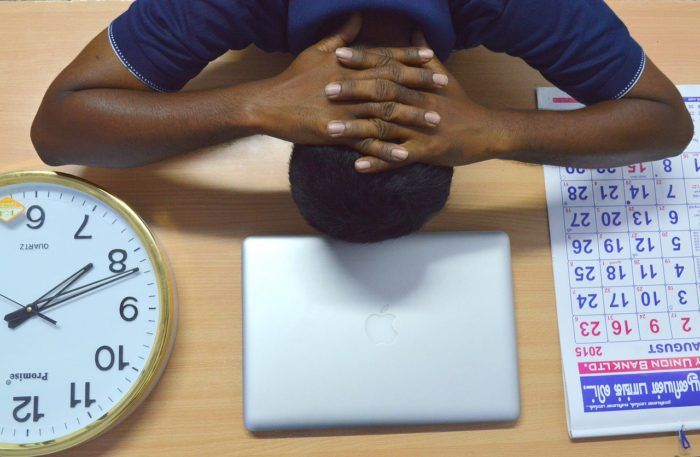In an ever progressive world, time seems to be the only thing that everyone seems to not have enough of. With new gadgets and technologies being made daily, with promises of making our lives easier, how is it that we seem to have less and less time as the years roll by? To me at least, this is one of life’s many mysteries.
For someone suffering with a chronic illness this is only made worse by the restrictions in which it inflicts. Living with Ankylosing Spondylitis(AS) has taught me a lot about time management. Before my symptoms reared their ugly little heads, I was able to do what I wanted, when I wanted, in whatever order I wanted. If this meant a late night then so be it, I was young, and perfectly capable of coping with sporadic changes and stress. Unfortunately that is no longer the case, and I’m sure many of you have had a similar experience.
Learning how to change your routines can take quite a lot of effort. The things we used to do routinely without a second thought, not only now need forethought, but on occasion take a considerable amount of planning. How many of you have to plan ‘breaks’ between certain tasks around the house, as your pain levels rise, or stiffness beds in? I know I have to.
Of course there is a simple answer to these problems, you could always get someone else to do it, no? Well this may be an option for some, ‘paying a guy’ to help with the gardening, decorating or odd jobs is something that is culturally the norm in the USA. However; this is not yet the case in the UK, with pride often taking president over common sense. The British* ‘carry on’* mentality is not always a practical or an intelligent way of thinking. But with the current economical climate it can be difficult to justify the expense of ‘paying a guy’. In fact it might be completely unaffordable, given a significant number of chronic illness sufferers are unable to work, relying on benefits just to pay the basic bills.
Charities like the NASS offer helplines for information and support, but who is going to help you with your grocery shopping? Do you have to depend on family, friends and neighbours to help you? Having support is crucial for your emotional and mental well-being, but this dependency can feel a burden at times. You may feel this is putting stress on your relationship with person, but what other choice is there? As with many problems you encounter in chronic illness, it would be fair to say it’s a Catch 22 situation.
We all need help at times, and admitting that is not a sign of weakness, despite what your father may have told you. Recognising your limitations is key in helping you deal with your condition, but is just as important when trying to manage your time effectively.
Do you find you have to plan your day out around your symptoms? Do you often find have jobs that are left undone at the end of the day, as your illness didn’t allow you to complete them? What tips would you give to someone who is struggling with their time management? What strategies have helped you? Is there a charity or service in your area which can help other chronic illness sufferers that you want to share with others?
Let me know your experiences and thoughts.
